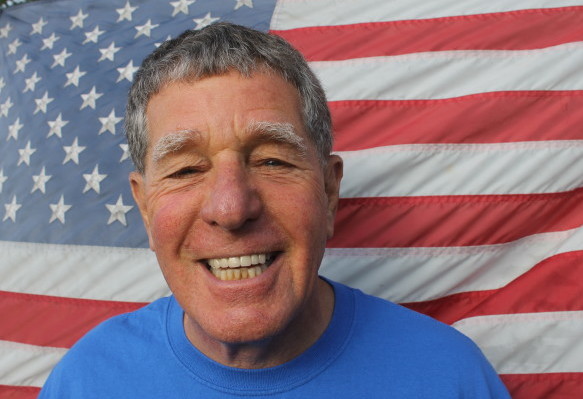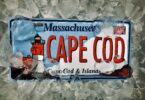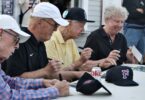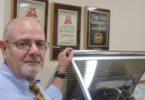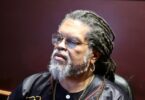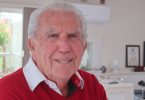FALMOUTH – Paul Rifkin’s T-shirt says, “Civil Disobedience,” his lips are liable to say anything, but his actions speak loudest of all.
For instance, there was his third trespassing arrest on Pilgrim Nuclear Power Station property, on Mother’s Day 2015. Rifkin, 73, is facing up to a year in jail. His next pretrial court hearing, to decide whether to go to trial, is scheduled for October 14.
“I’ve been arrested at Pilgrim three times,” he said. “They want to stop people from doing this shit. They want to teach me a lesson. It wastes their time. They are not likely to dismiss.”
“I stick with this crap because it’s a moral imperative,” he said. “I do it because my conscience tells me to do it. I’d rather be home smoking a joint, drinking some wine and relaxing on my couch with a beautiful woman, watching a movie.”
“I do it because I’m scared for all of us,” he said of his activism against Pilgrim. “This is a real palpable fear for me. I don’t want to wake up one morning and listen to the sirens we could have prevented.”

